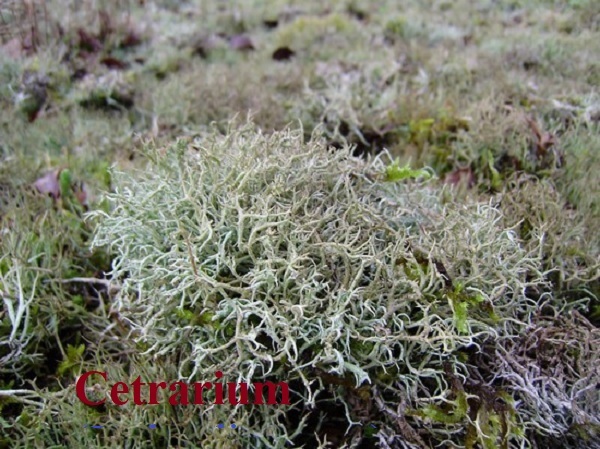Urethritis.
Pain in the urethra is most often due to the inflammatory process. In an acute attack, the pain is sharp and painful.
In chronic urethritis, pain is less severe and is perceived as burning sensation. Pain can be associated with an act of urination, can be permanent, have different localization.
Causes.
Acute urethritis is most often caused by any pathogenic microflora penetrating into the urinary canal during sexual intercourse, with non-compliance with hygiene or with instrumental studies of the urethra.
Depending on the type of pathogen, acute urethritis is divided into specific and non-specific.
Urethritis can cause chlamydia, mycoplasmas, candida (fungi), ureaplasmas, gonococci, the herpes virus. The most common is gonorrheal urethritis. Widespread also received urethritis, associated with Trichomonas and with urogenital chlamydia.
If there is a violation of local protection from the mucous membrane of the urethra weakened patients acute inflammation can be due to any other pathogenic and conditionally pathogenic microflora — staphylococcus, and others.
In addition, in women, for example, acute urethritis and vaginitis often arise when using foams for baths that are irritating.
Very often, with acute urethritis, the bladder can also suffer.
The signs of the disease, regardless of the pathogen, are quite typical and appear usually 3-15 days after infection. In
Symptoms.
this case, there are discharges from the urethra, the nature and quantity of which depend on the cause that caused the inflammatory process.
So, with gonorrheic urethritis from the urethra, mainly in the morning hours, there are abundant purulent discharge.
With urethritis of another etiology, the discharge may be mucous or mucocutaneous.
With herpetic urethritis, discharge is usually very scarce.
Tissues around the urethra edematous and reddened (Hyperemic).
One of the constant symptoms is pain and burning sensation during urination.
It is not difficult to diagnose acute urethritis. The diagnosis is based on the patient’s characteristic complaints, on the examination data, on the results of urine tests and separated from the urethra.
Treatment.
In the treatment of acute urethritis, one should consider which pathogen caused this inflammation of the urethra.
The main thing in the treatment of acute urethritis should be considered the use of antibacterial drugs taking into account the sensitivity of the causative agent that caused the disease, and taking into account the tolerability of the drug by the patient.
When antibiotic treatment of urethritis should also be treated with the same drug and the sexual partner, since the bulk of urethritis refers to diseases that are sexually transmitted.
And during the acute process it is recommended to abstain from sexual intercourse.
Depending on the pathogen treatment is carried out from 1 to 14 days.
It is necessary to strictly follow the prescribed treatment regimen — the frequency and duration of medication.
In complex treatment it is recommended to use medicinal antiseptic plants.
These include cetrarium, asleep, cladonia, thyme, calendula.
Barrel, chamomile.
Phytotea for complex treatment.
For complex treatment of acute urethritis and exacerbation of the chronic process, antibacterial phyto-tea can be used.
Ingredients: thallus of cetraria, cladonia, asleep, grass of thyme, chamomile flowers, marigold flowers, Labradorella grass, ivan-tea grass, taken in equal parts.
Method of consumption: 3-4 tbsp. Spoon collection pour 1 liter of water, boil with a closed lid on low heat for 20 minutes. Insist 40 minutes. Drink 1/2 cup 5-6 times a day, regardless of food. The same infusion is recommended to treat the external genitalia 2-3 times a day.
Course of admission: 2-3 weeks.

2 комментария
Add a Comment